Traditional School is not focused on Critical Thinking Skills
One of the most important things for anyone to have is the ability to apply critical thinking skills to everyday situations. As adults, we use critical thinking to weigh the pros and cons of various situations and confidently put the best option into practice. However, our children are not getting the same critical thinking practice in their daily lives because traditional school, by and large, does not teach it.
What is Critical Thinking?
Critical thinking is formally defined as, “the objective analysis and evaluation of an issue in order to form a judgment.” We use critical thinking skills for little things, like picking the best time of day to go to the grocery store, as well as for the big things, like deciding on investment options.
Our school-age students will have to make decisions like these in the near future but are not given the tools to practice this decision-making in the one place they spend the majority of their week: school. Why is this? How could something so important be overlooked by the institutions that are supposed to prepare our students for the future?
Traditional School Teaches Curriculum, Not Students
Most school districts do not get to choose what they will teach their students. Instead, state and federal education boards adopt pre-made curriculum from education companies like Pearson or MacMillan Learning, who in turn create the end-of-the-year standardized tests to match that curriculum. Because school funding is based partially on the students’ test performance, the curriculum is strictly taught and enforced by school principals and district leaders alike, leaving teachers little wiggle room to incorporate fun, engaging activities to broaden the minds of learners.
Traditional School Doesn’t Take the Individual Into Account
Most of the day-to-day operations of a school come down to data: How well did the students perform on their math test? Do we need to extend how much reading time the students get? Because these trackable numbers reign supreme in traditional schools, the individuality of students is often overlooked. This means students who need to be challenged aren’t being challenged, and the same can be said for the students who need extra support.
The lack of focus on the individual makes it difficult for any student to develop critical thinking skills because they are not being asked to talk about what they need to be successful in school.
Traditional School Doesn’t Have Enough Time To Go Beyond the Curriculum
Although 180-187 days seems like a lot of learning, the length of a school year is nowhere near enough time for teachers to get through their required curriculum, let alone add in extra activities that will benefit students. Each day follows the same structure and schedule to get through this curriculum.
If teachers can’t make it through their curriculum by the time the state test rolls around, it is likely that the school day will be re-structured for more intensive math and reading blocks. As a result the more critical thinking focused subjects get pushed to the background. Additionally, we’re forcing more responsibilities onto our teachers’ already-full plates, leaving even less time for student-centered activities that will develop critical thinking skills.
The Solution: Giant Leaps Learning
At Giant Leaps Learning, we emphasize each individual student, and learning is not gauged by a pre-packaged test. Our curriculum is personalized based on your student’s interests and needs. Our student-centered modules involve weekly 1-on1- session student success coaches that encourage your child to dig deep, develop their own opinions about issues that interest them, and think critically to find the best answer to each problem. We believe in every student’s ability to impact the world in positive, significant ways, but this can only be done if they tap into their ability to think critically about our world.
Giant Leaps Learning can act as the bridge between the school system and critical thinking skills for your child. If you are interested in learning more…





